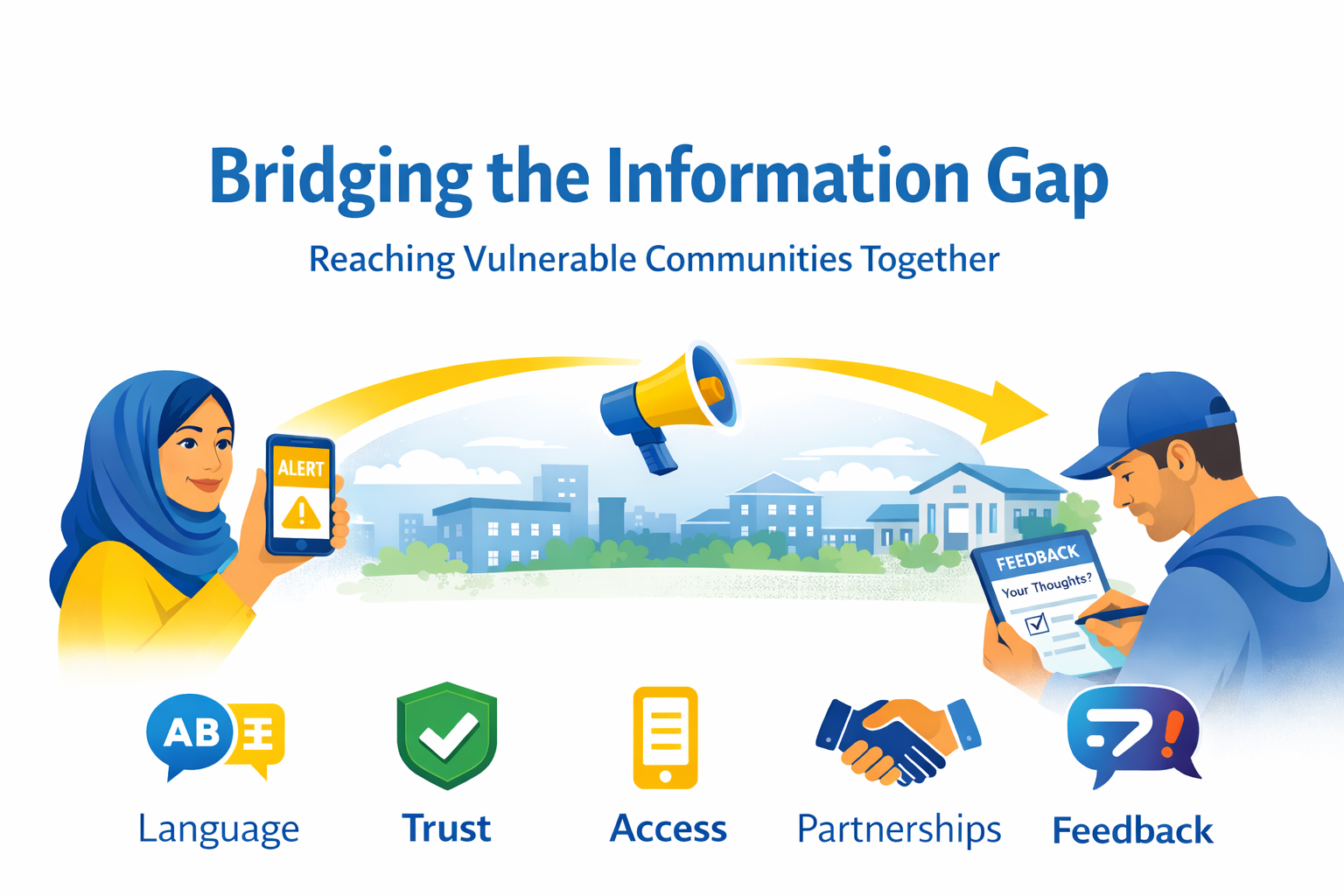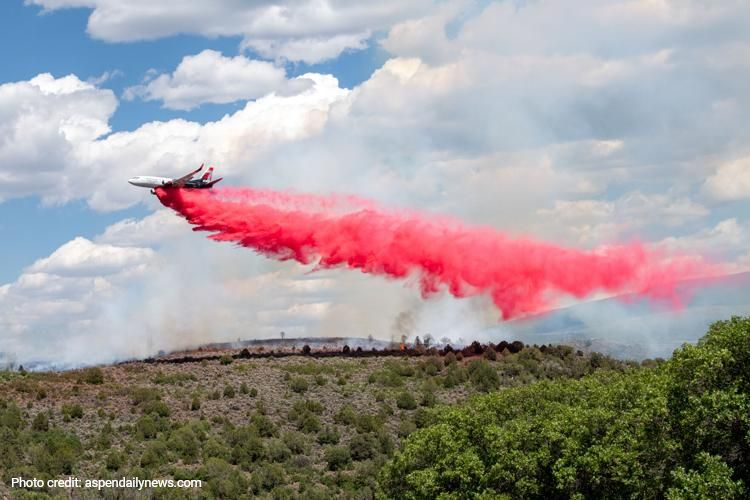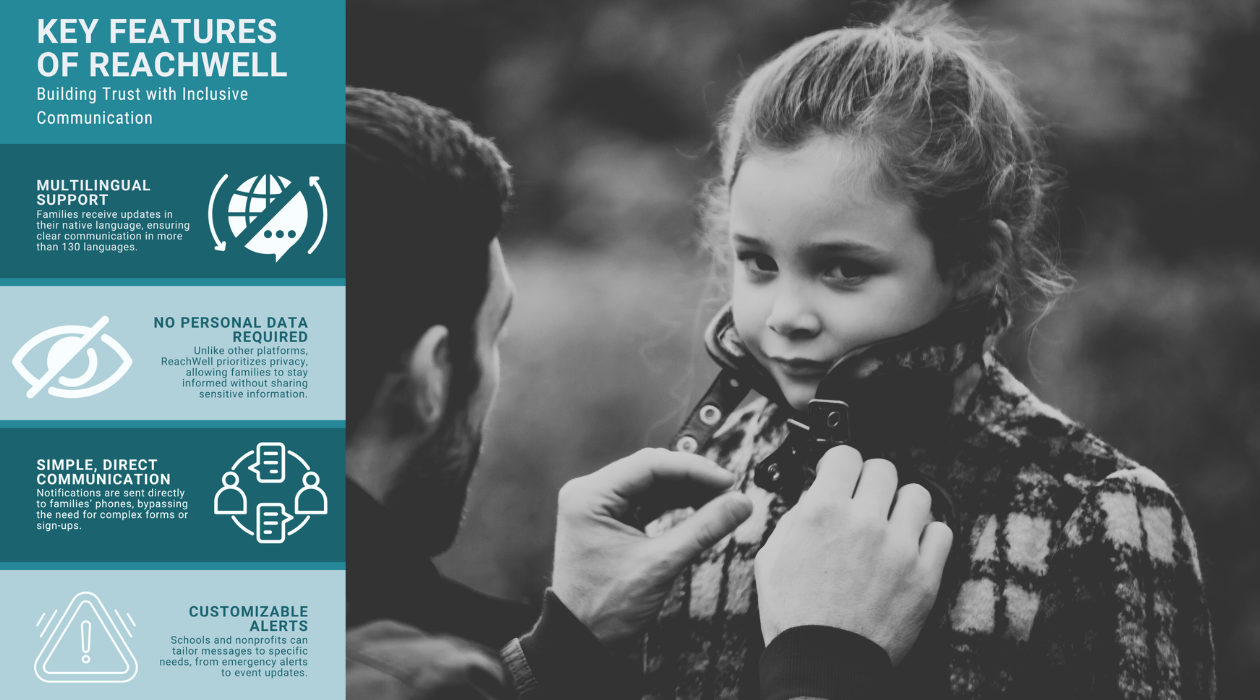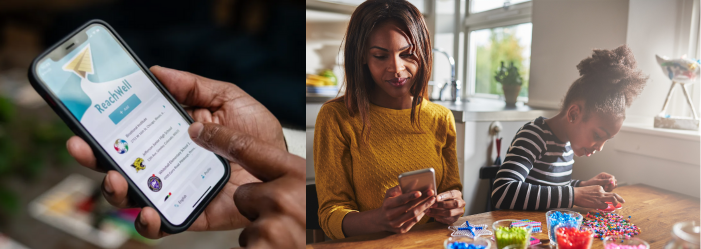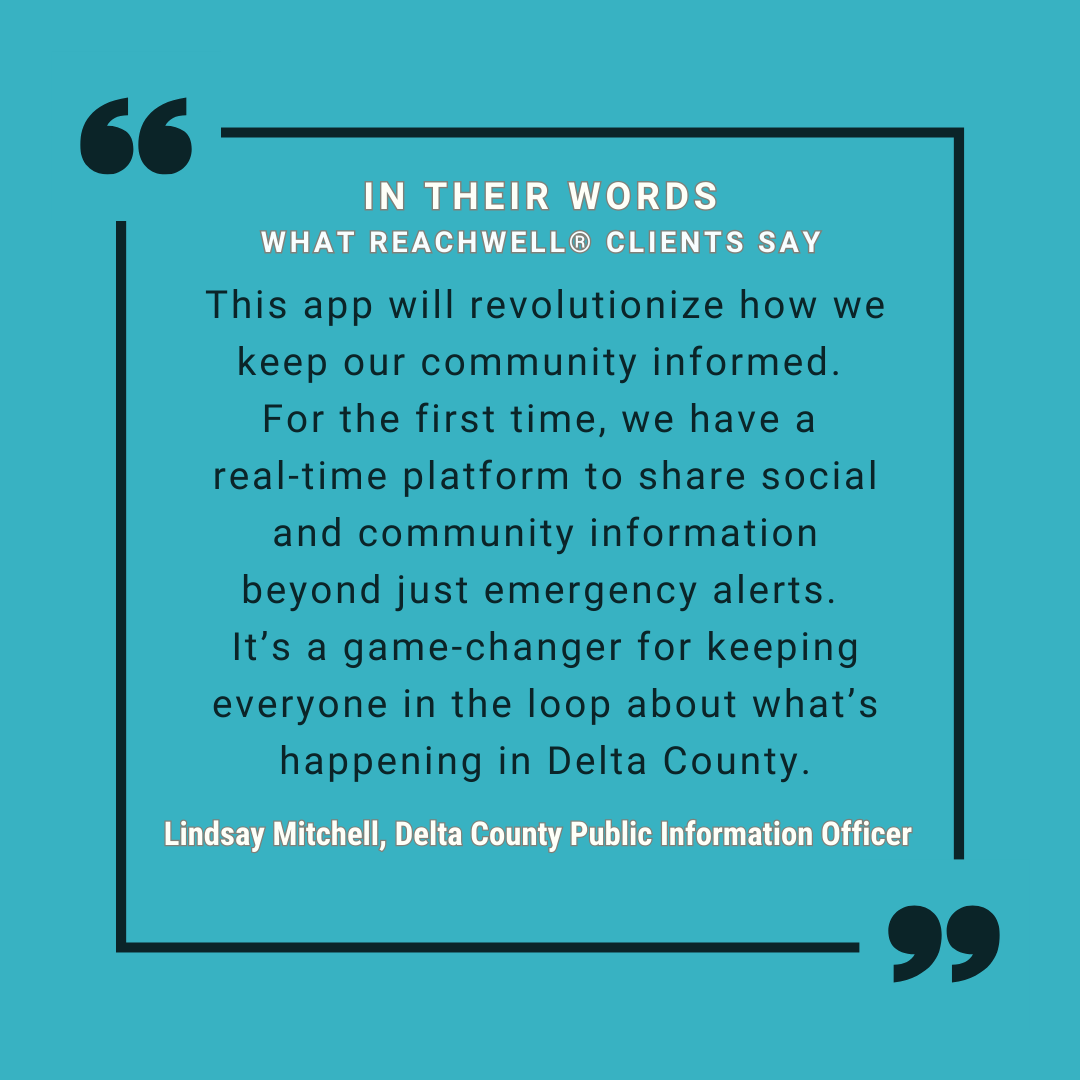How ideas to improve medical practices inspired me to ask better questions as an educator
Culturally responsive family partnership starts with simple questions.
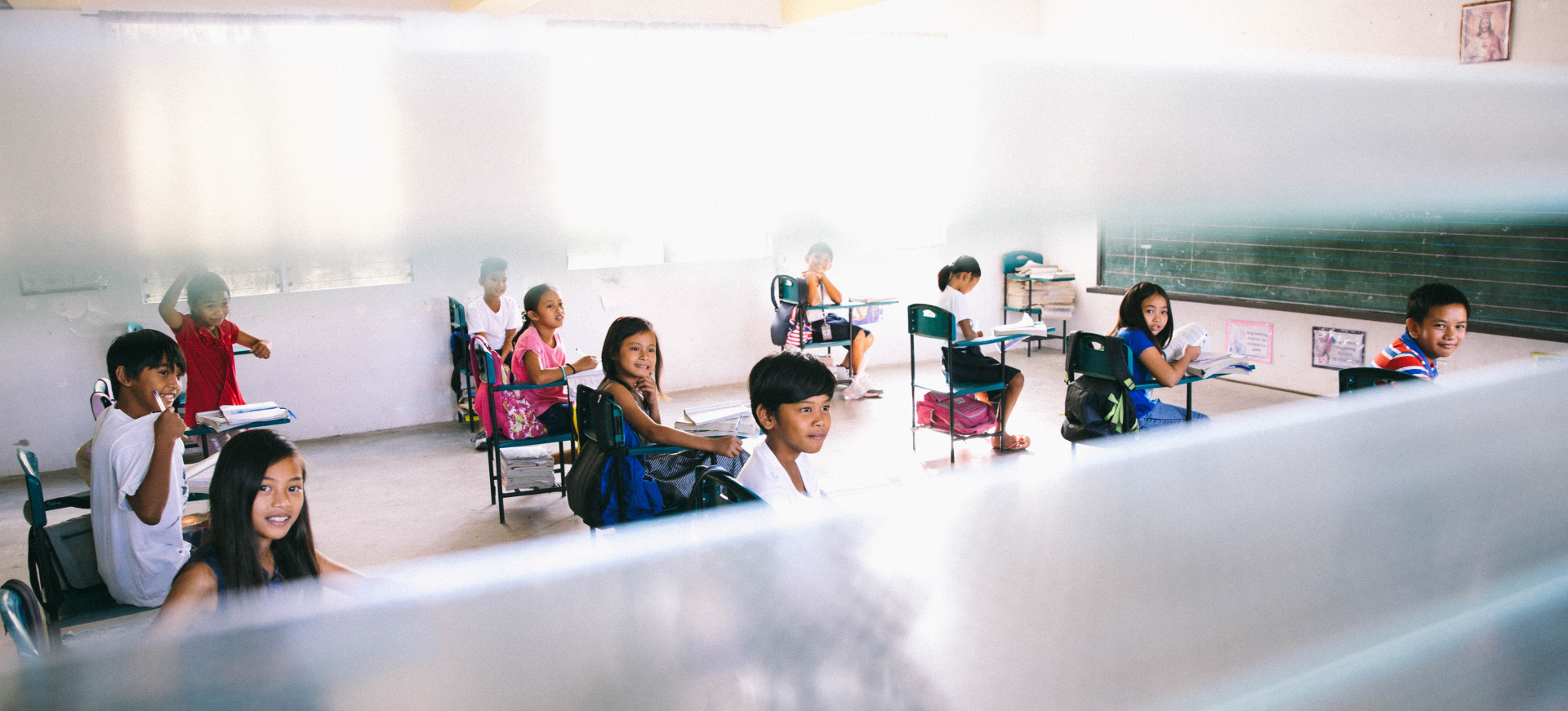
Years ago, I read The Spirit Catches You and You Fall Down: A Hmong Child , Her American Doctors, and the Collision of Two Cultures , which depicts Lia Lee’s heartbreaking journey from a three-month old with perpetual seizures to becoming severely brain damaged at five years old. The author, Ann Fadiman, believes her condition may have been prevented if her American medical team had a better understanding of the family’s animist beliefs of her illness. Fadiman lists eight questions that medical professionals can ask to more effectively care for a patient from a different culture in order to avoid such a fate.
You might be thinking, “what does this have to do with education?”
If we shift this concept to our schools and students, what questions can we ask to better understand the educational expectations of our students and parents who are new to the country?
So here’s my go at the eight questions for culturally responsive family partnership. Chime in on your thoughts on what I am missing.
- What did you like about your child’s previous school?
- What would you have changed about your child’s previous school?
- What are your hopes for your child’s future?
- What are the most important results you hope your child gets from their education?
- How can we as educators help your child reach their goals?
- How would you like to be involved in your child’s education?
- What information would you like to receive from the school?
- What is the best way for us to give you that information?
Family Engagement is one of many challenges an educator faces. We know how important it is. Studies show higher engagement increases student results. But studies also show a correlation between lower engagement and low-income and English language learner families. My hypothesis is that we’ve just been doing family engagement inadequately, particularly for historically marginalized communities. Are these questions the answer? Not completely, but they might lead us on the path there.




